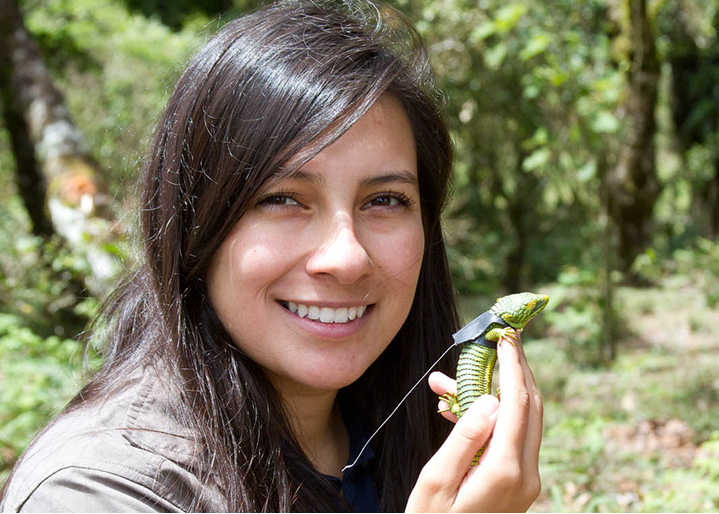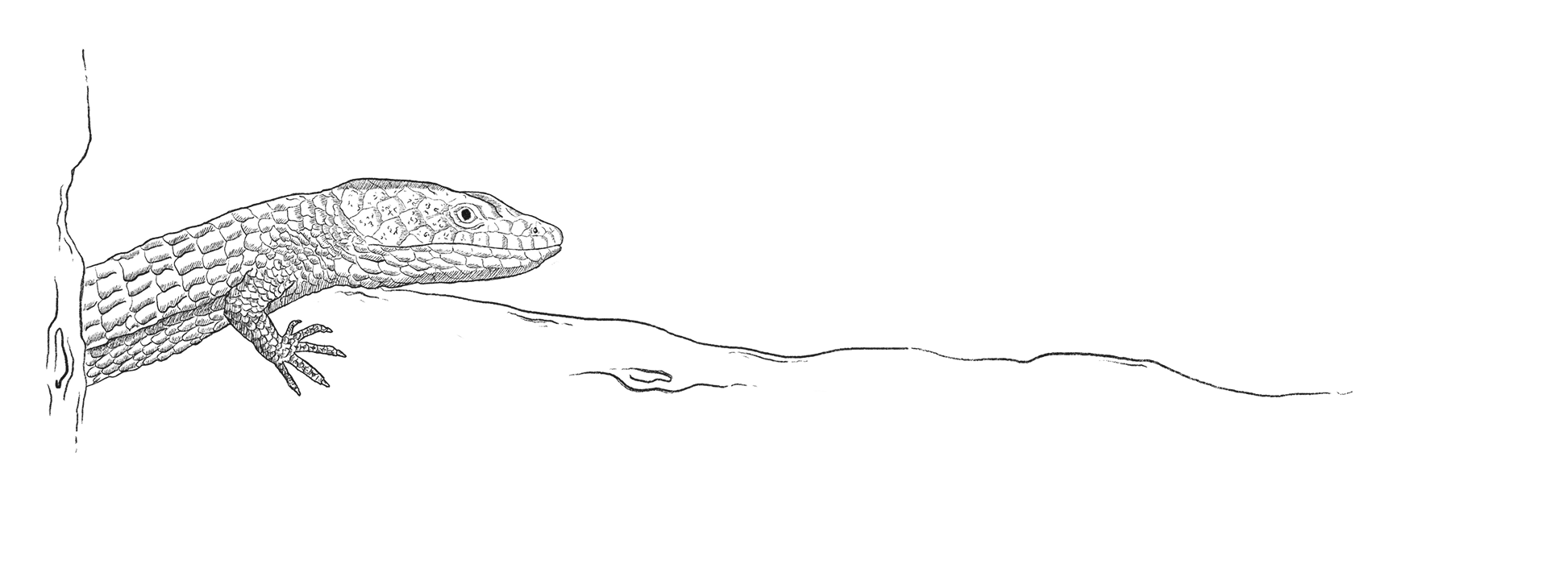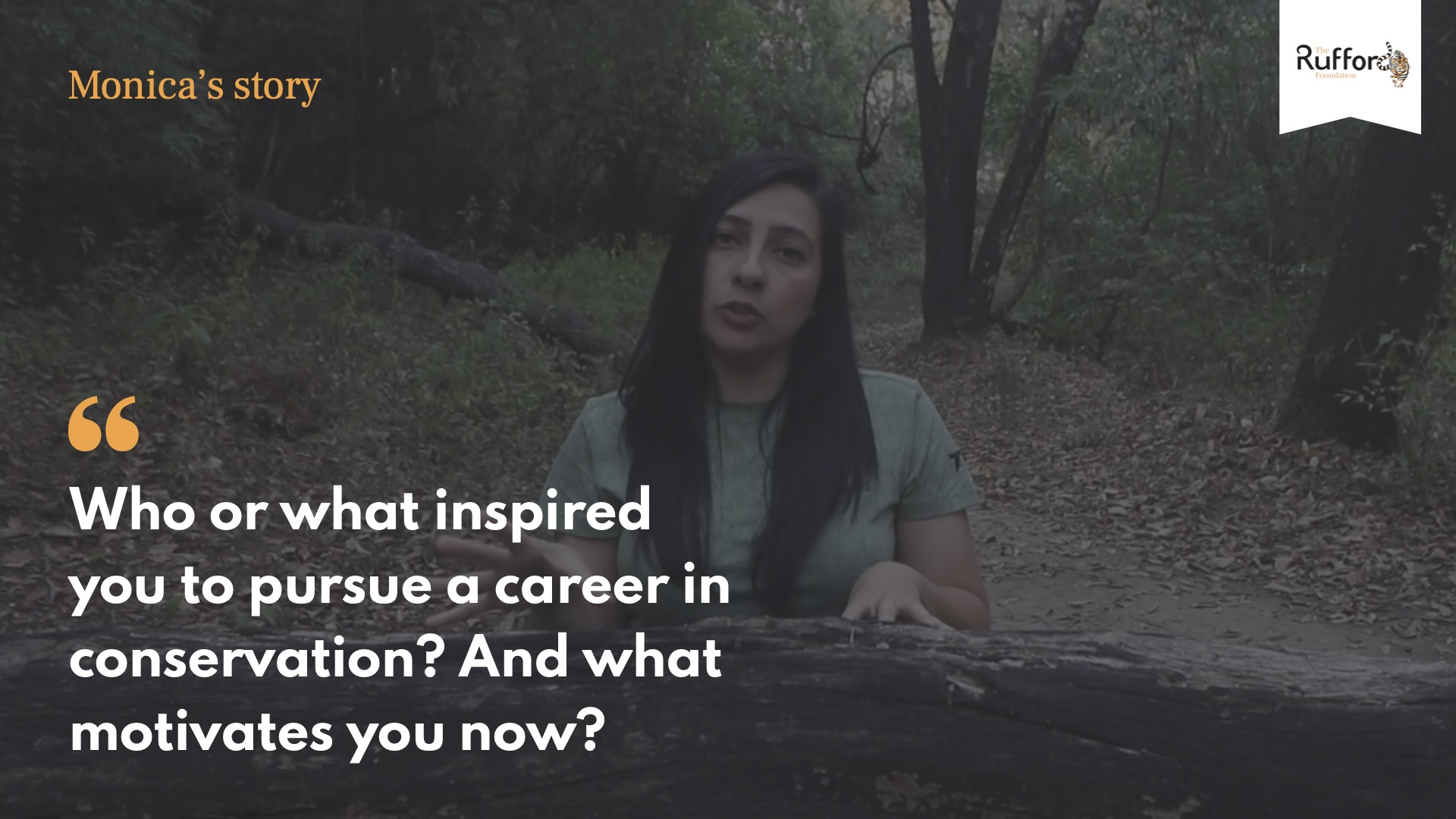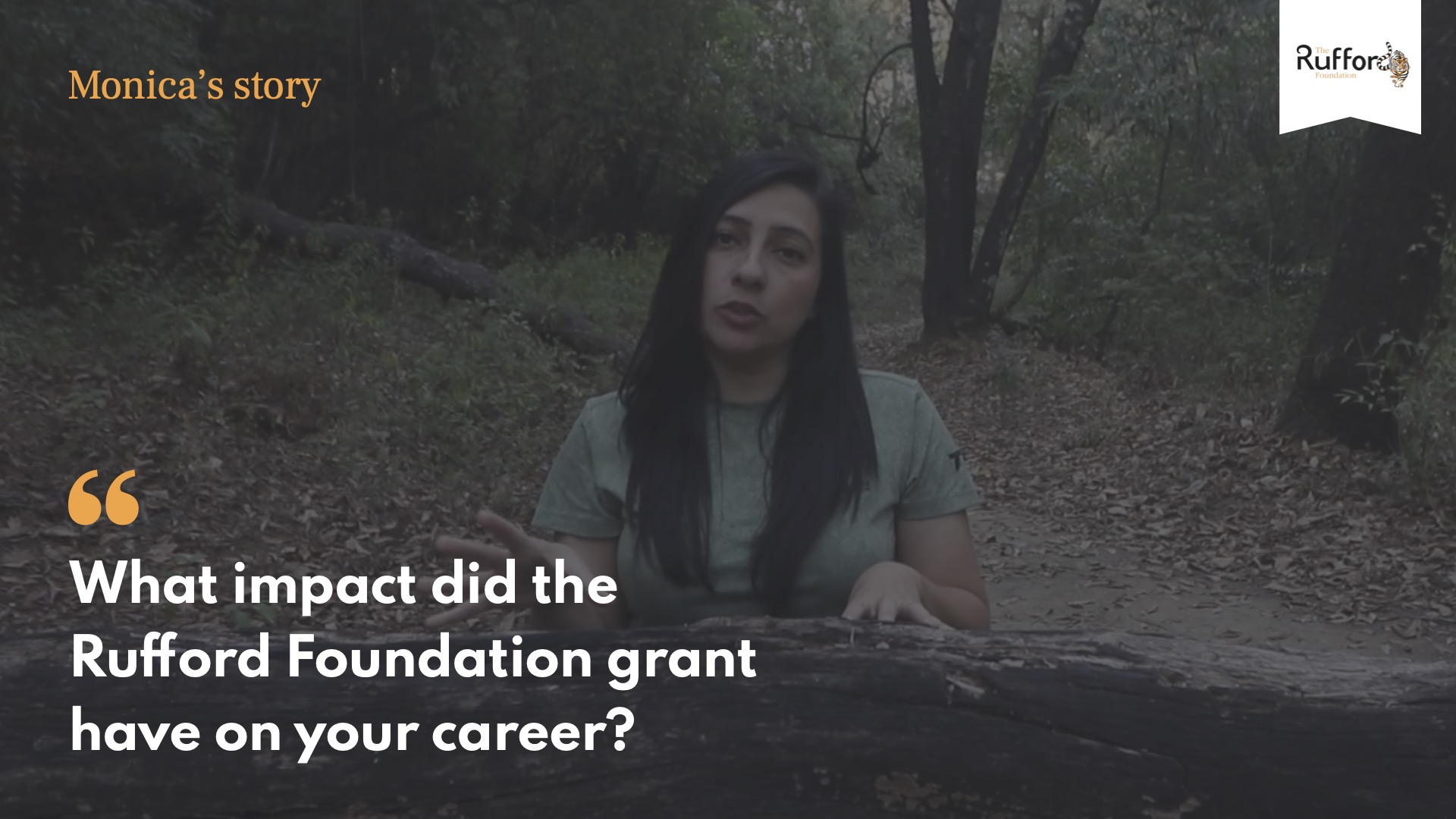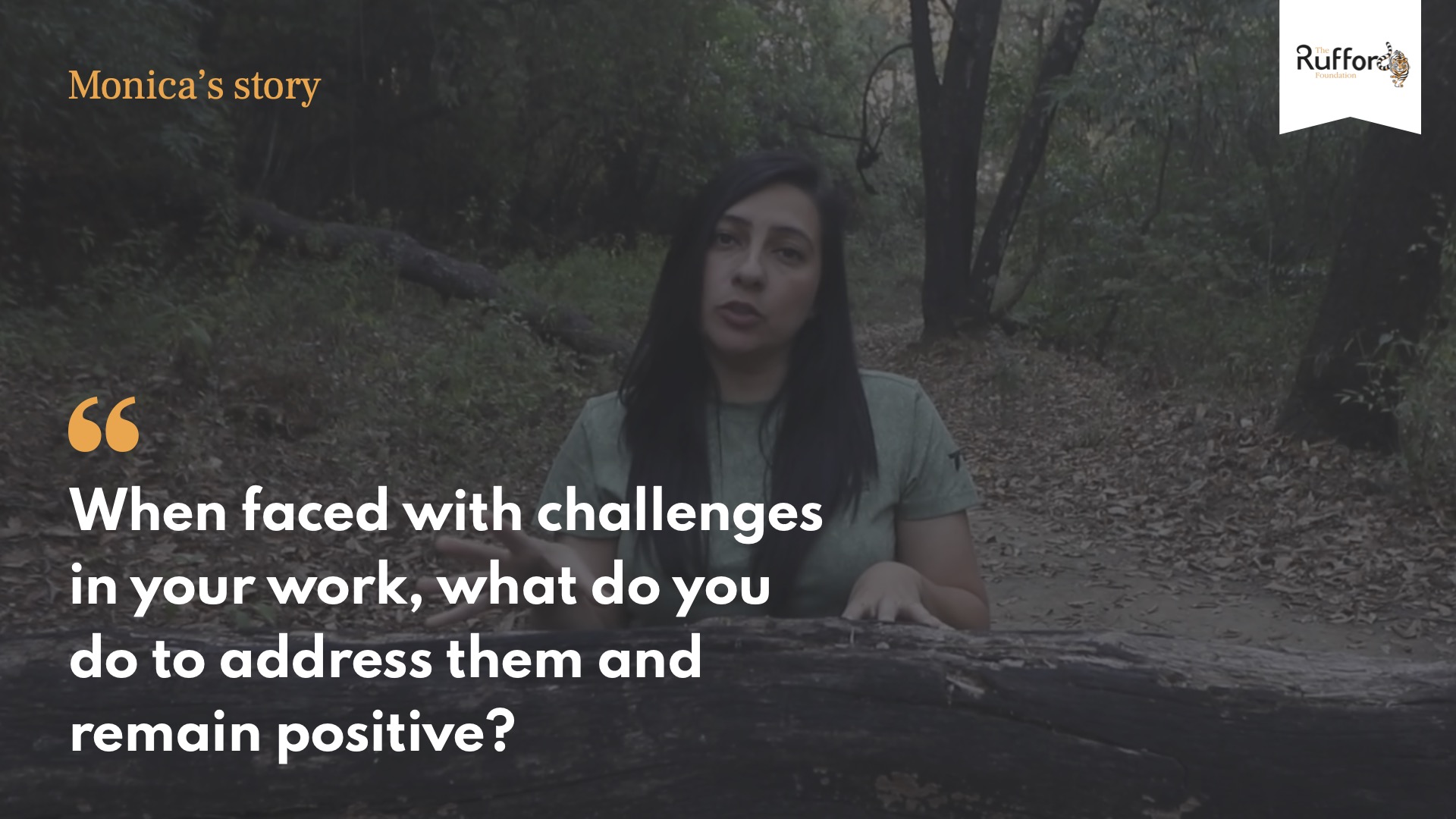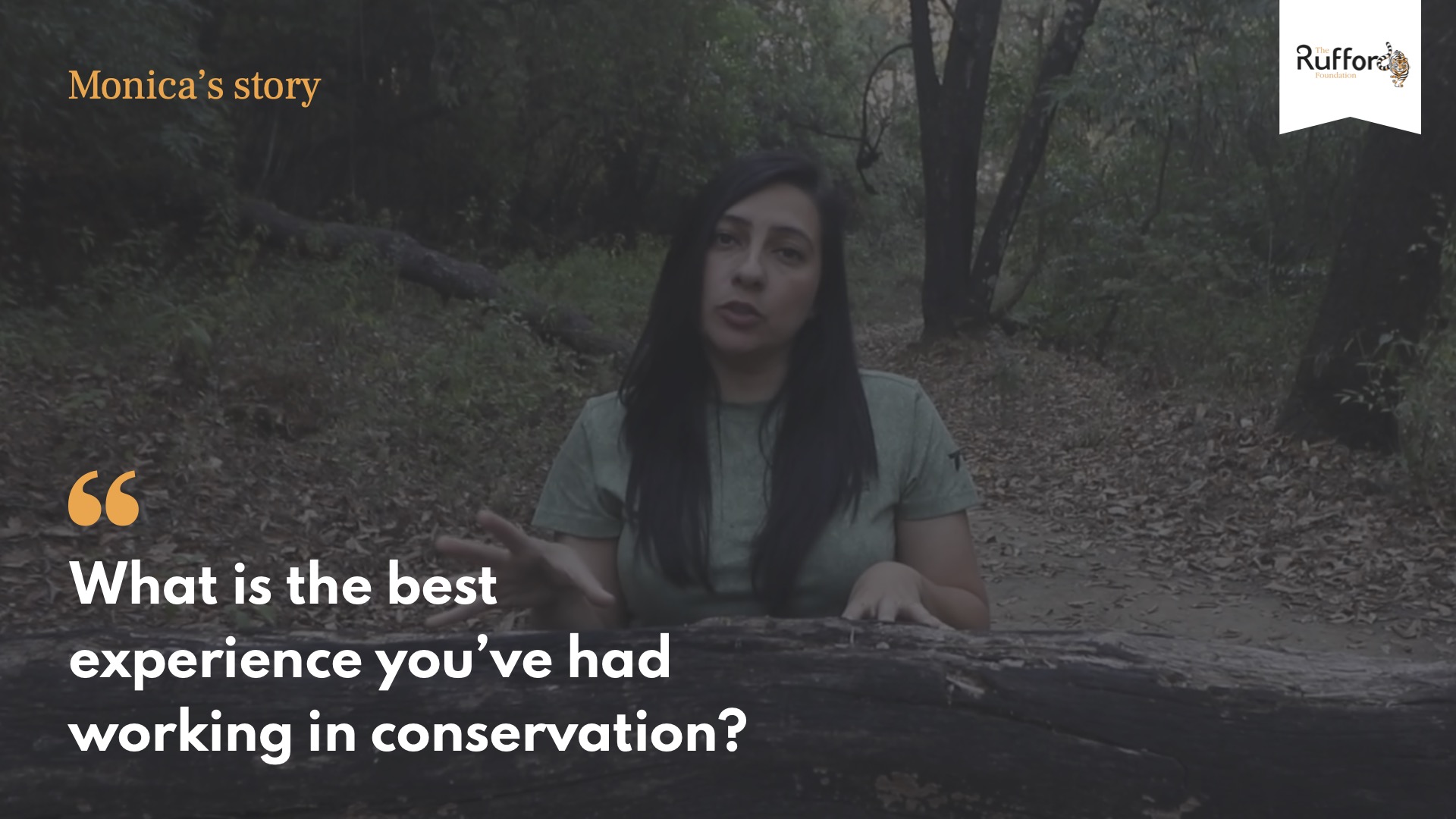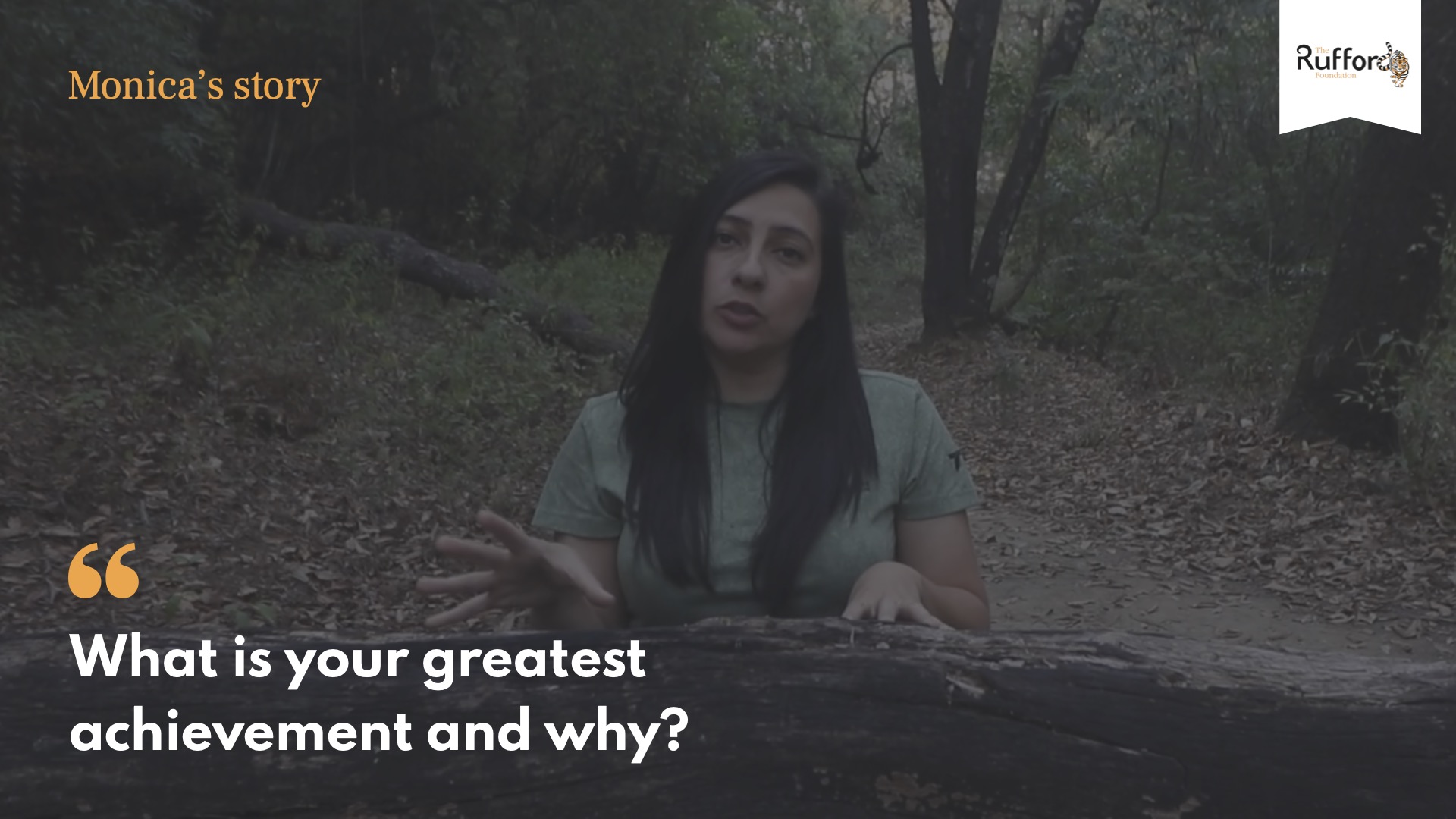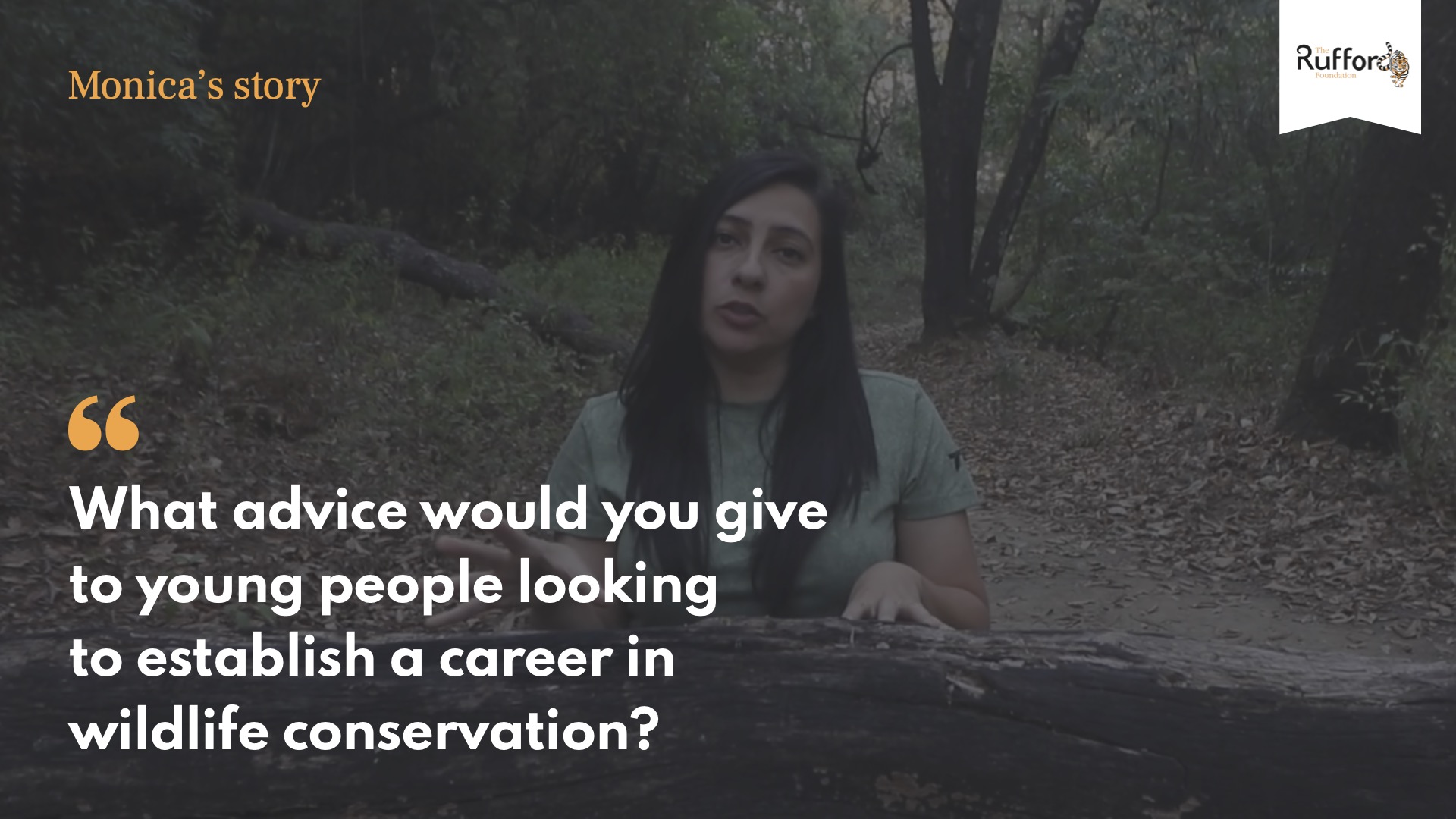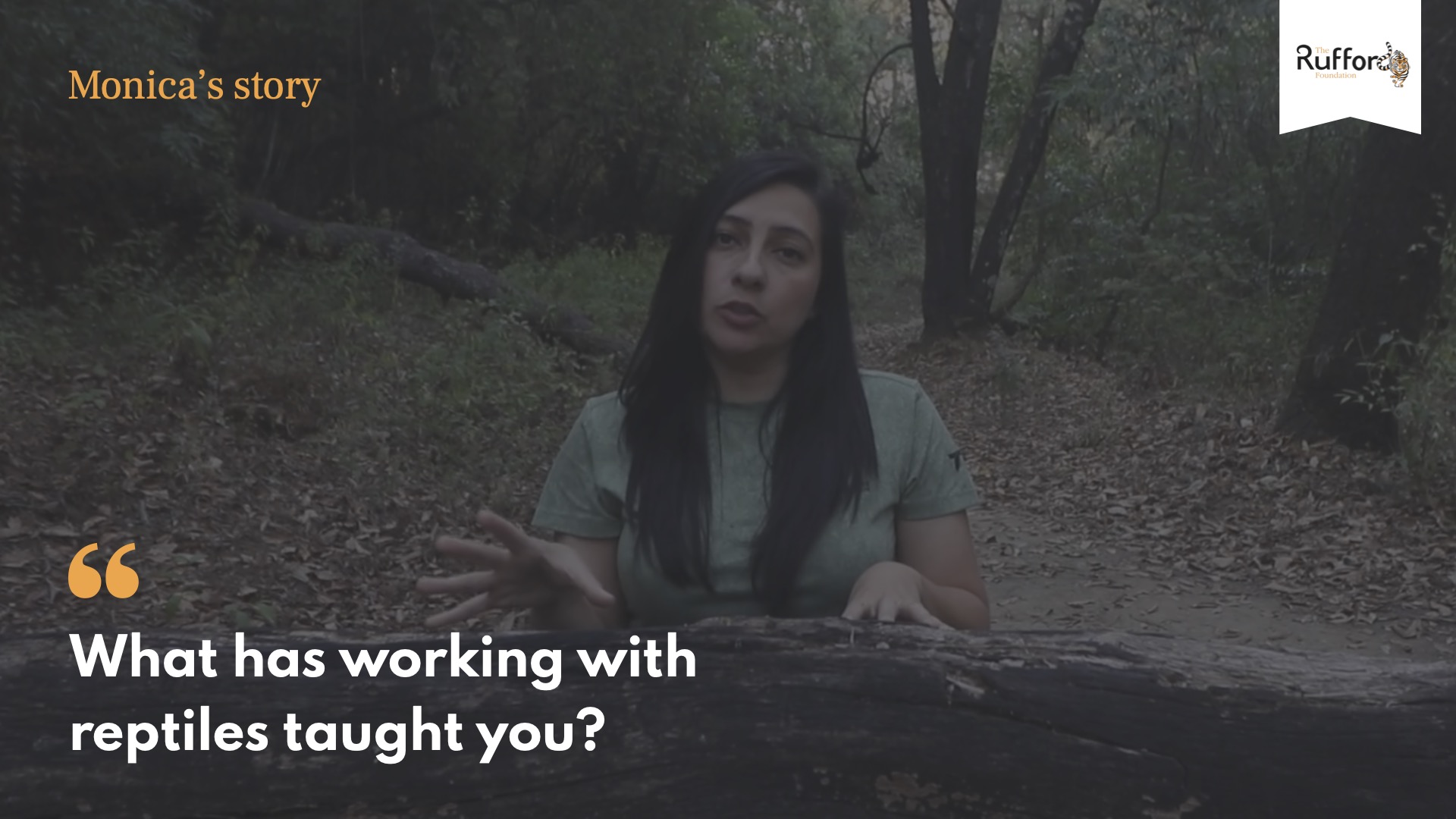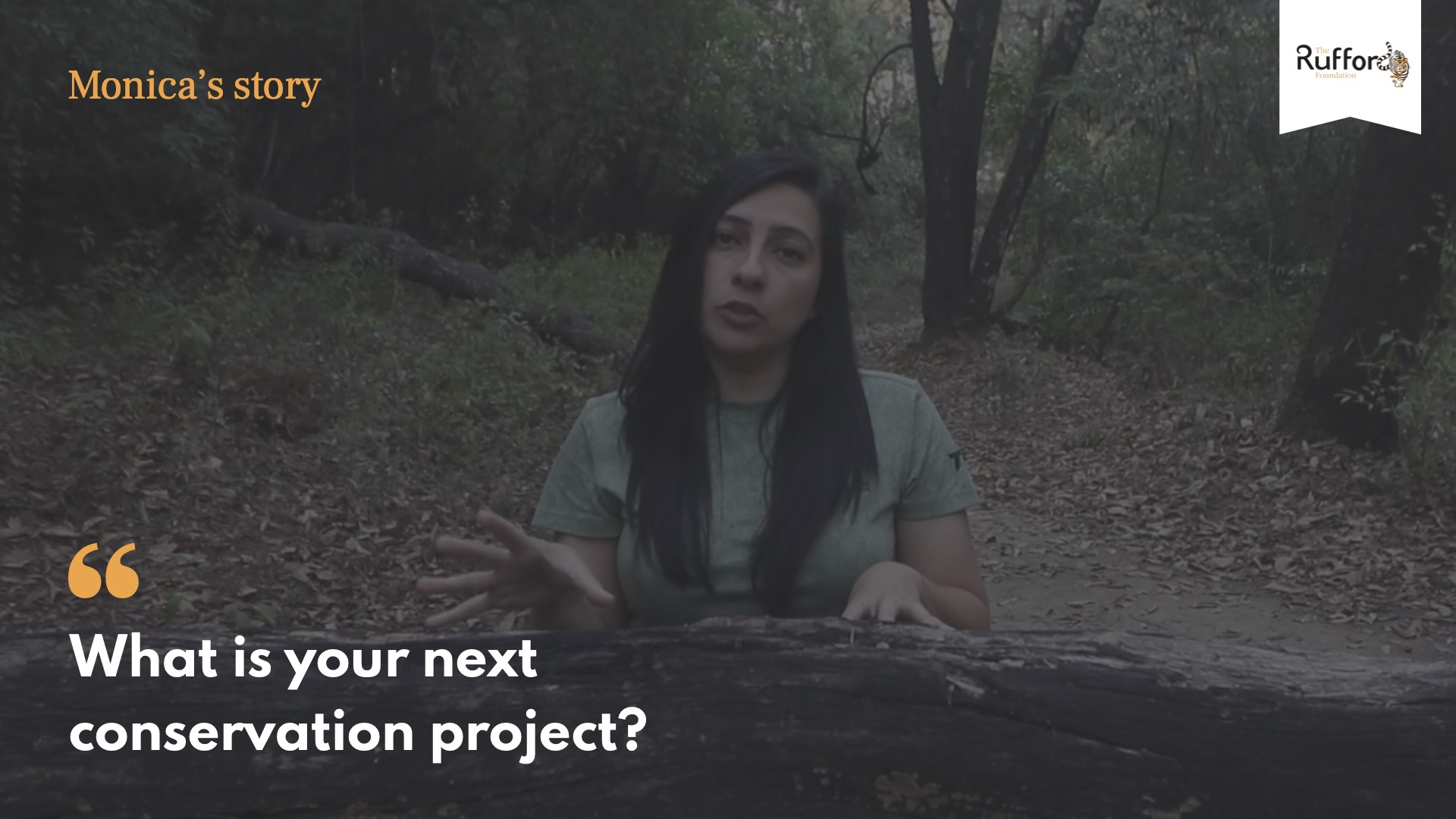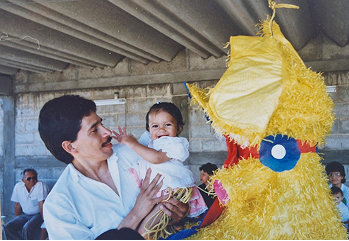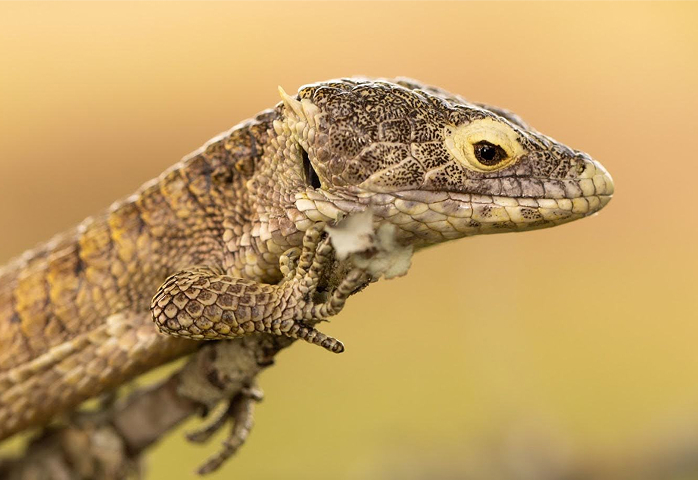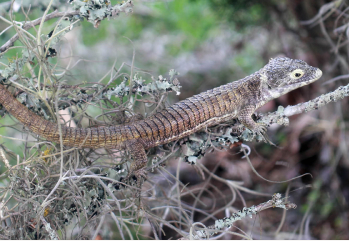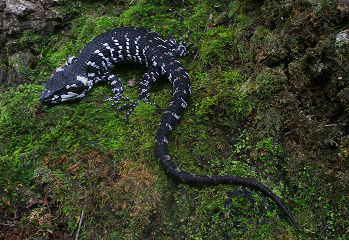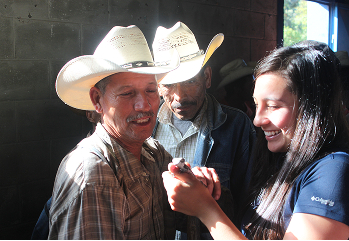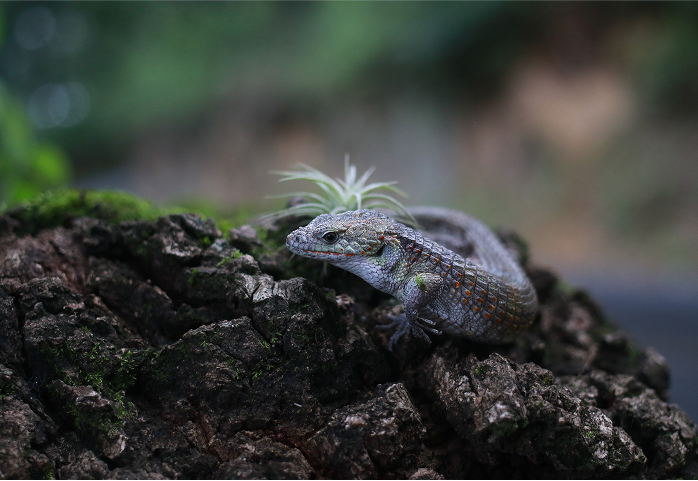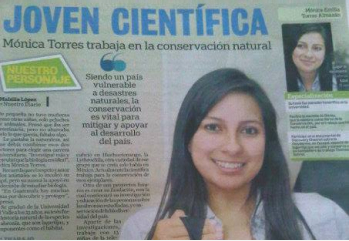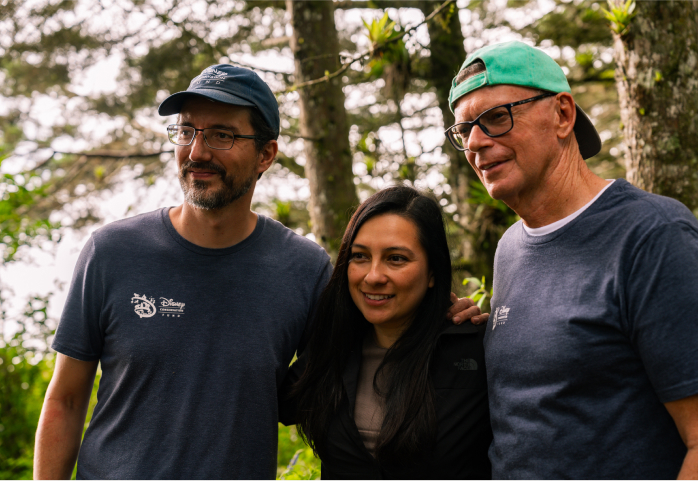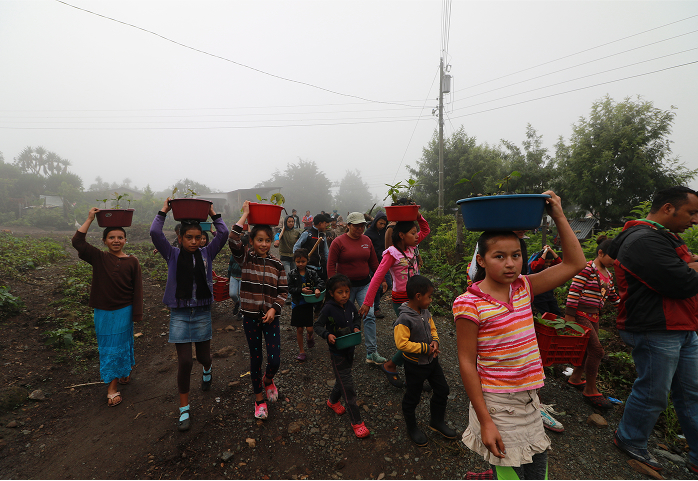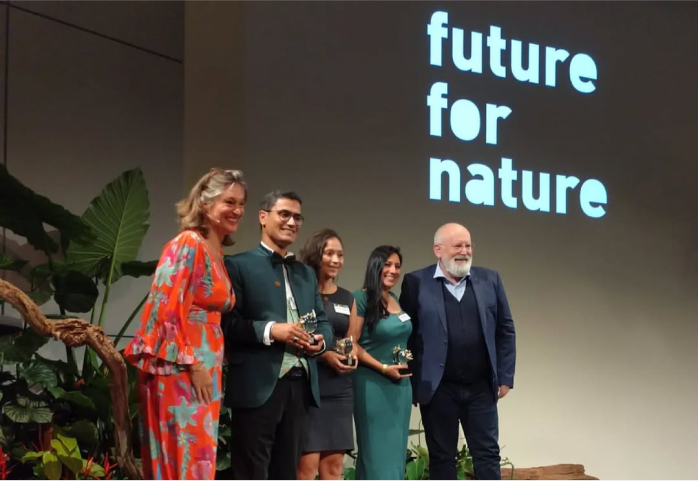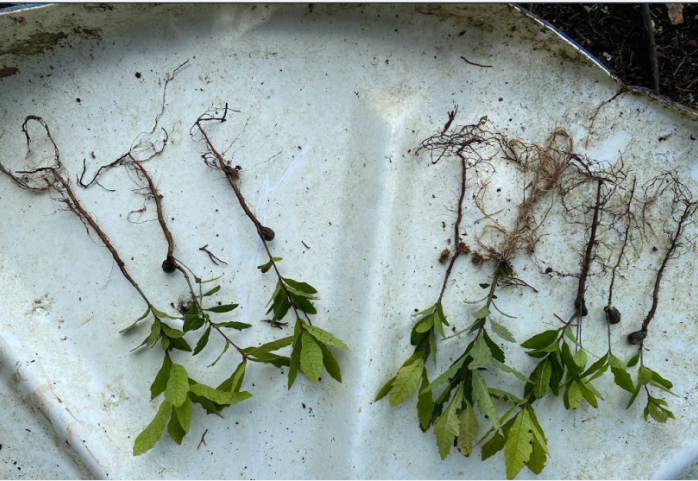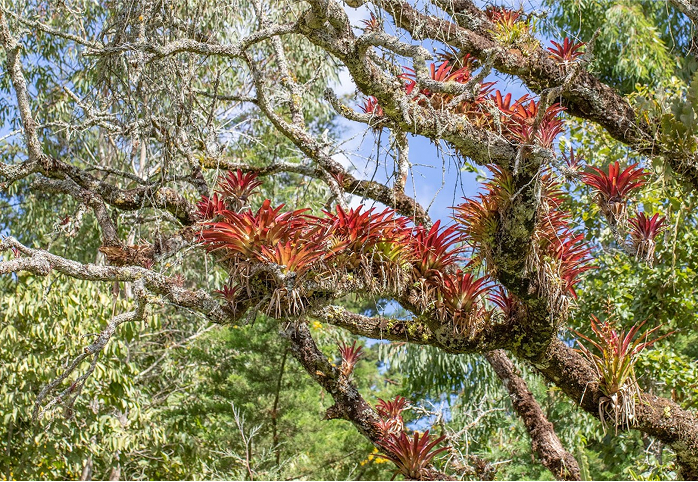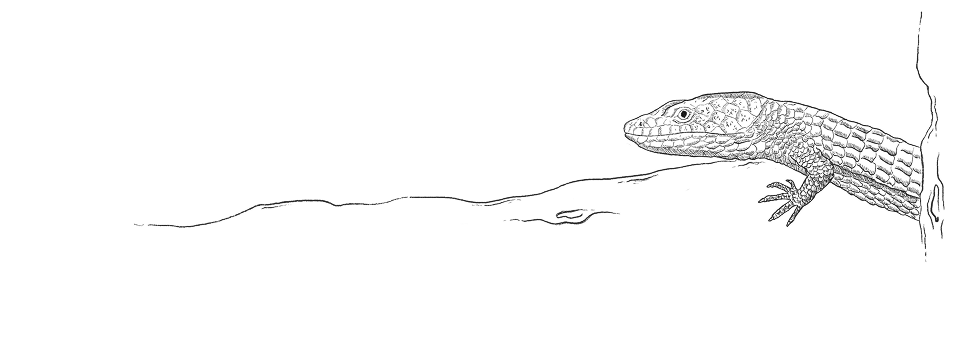Monica Torres is a conservation biologist dedicated to protecting Guatemala’s critically endangered reptiles, particularly the elusive Abronia lizard species – small, dragon-like lizards that dwell in the hard-to-reach forest canopy. Her journey began in 2009 with the “rediscovery” of Abronia campbelli, a species thought extinct since its description.
With only 3% of its original habitat remaining, Abronia campbelli (known commonly as Campbell’s alligator lizard) is critically endangered. Against the odds, Monica has implemented a habitat restoration strategy by working closely with communities, landowners and families. Her team has restored 155.8 hectares with more than 162,000 trees – now representing one-third of the species’ potential future habitat as it matures.
Today, Monica is pioneering the restoration of canopy microhabitats essential for A. campbelli’s survival and is working to create a protected area to secure more habitat. By ensuring conservation is compatible with local livelihoods, she fosters sustainable coexistence – bringing A. campbelli from the brink of extinction to a path of recovery.
